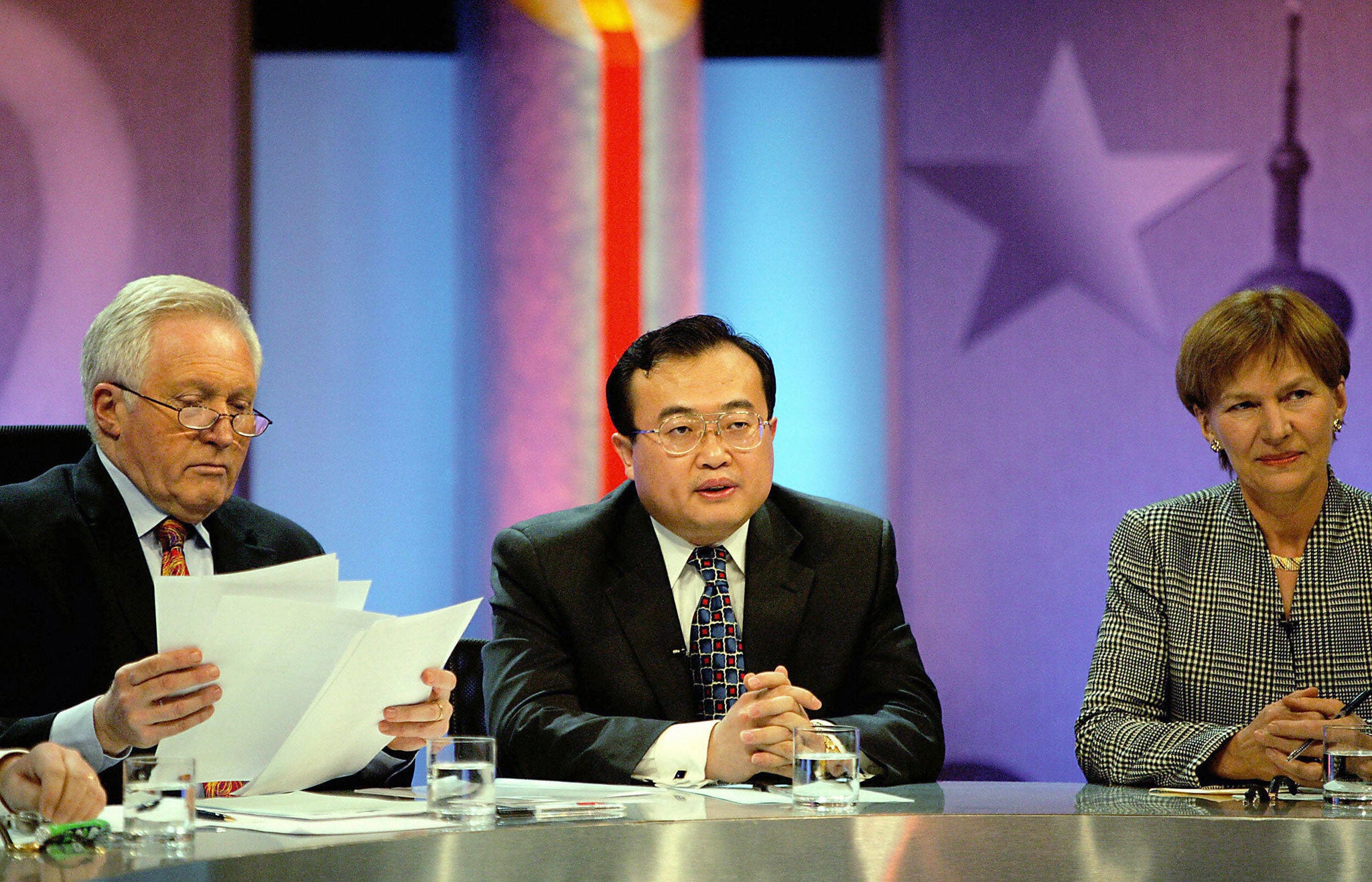Question Time is just one example of the sliding standards in our public discourse
Twitter has turned anyone with an opinion into a columnist


I had cause for a period of self-examination this morning, and for that I am grateful to Ben Johnson. Not the disgraced athlete, nor the Renaissance dramatist, but plain old Ben Johnson of Lancaster. Oh dear. That's probably not the best way to describe him, given that Mr Johnson had used the letters column of this very newspaper to call me a snob.
This is not an insult to which I am accustomed (yes, there are plenty of others to which I am), but Mr Johnson was incensed by my recent piece in which I railed against the declining quality of BBC's Question Time, and was particularly upset by my observation that standards had fallen partly as a consequence of inviting more comments from the audience.
These days, I wrote, "everyone is given a voice, no matter whether they've got anything to say or not?" Well, Mr Johnson, who was in the auditorium at last week's Question Time, chose the more considered form of a letter to the editor with which to make his voice heard. "He talks as if debate were the property of the privileged," was his view of my contribution, "and those with Grade C minus in Latin should be seen and not heard." (At this point, I'd just like to say that I didn't get much further than amo, amas, amat in my Latin studies, and dropped the subject long before I took my "O" Levels.) Mr Johnson continues: "He may not care if we call him a miserable old codger, but what if I called him a snob?"
He's right. That is hurtful, particularly to a grammar school-educated boy from the north of England who didn't go to university. Believe me, I know what snobbery looks like, and it really isn't pleasant. But perhaps he has a point. I am in the privileged position of having a column in a national newspaper, and maybe this has made me disrespectful of the opinions of those who don't, or those whose arguments are made with the heart rather than with the head.
My point, however, was not that debate should be the exclusive preserve of people whose brows are high enough, it was more a grumble that the quality of general discourse - and this applies just as much to politicians, business leaders and those in high office - is lamentable. This is partly because a febrile media creates a general atmosphere of moral panic, and this in turn constrains anyone in the public eye from saying what they really think.
It is also as a result of the modern world's newly-minted rules of engagement. Everyone on Twitter is a columnist. Everyone with a blog is a publisher. Everyone with an opinion is a journalist. And everyone who puts their hand up to attract David Dimbleby's attention feels they have something important to say. But you know what? Quite a lot of it is rubbish. It's just noise, and sooner or later it will drown out real argument, and deafen us all.
Is it really intellectual snobbery to expect British television's flagship discussion programme to aspire to a more rarefied, informed level of debate? If so, I'm guilty as charged.
Join our commenting forum
Join thought-provoking conversations, follow other Independent readers and see their replies
Comments
Bookmark popover
Removed from bookmarks